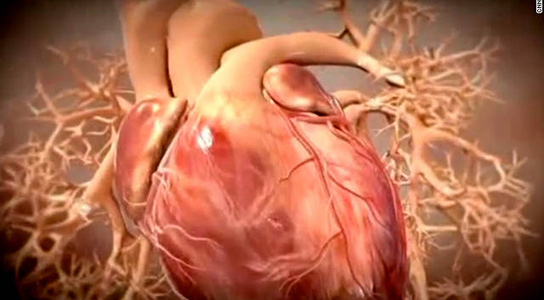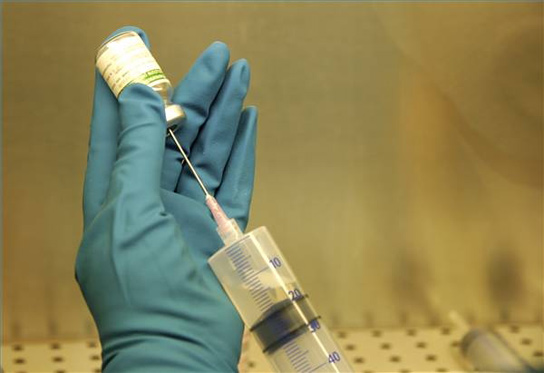Chelation-Therapy Heart Trial Criticized
November 14, 2012

There are millions of Americans seeking the use of complementary medicines, and many researchers applaud efforts to test and debunk folk treatments. However, what happens when such an alternative therapy actually works?
In a study funded by the US National Center for Complementary and Alternative Medicine (NCCAM), part of the National Institutes of Health (NIH) in Bethesda, Maryland, a trial indicates that a fringe therapy intended to sop up metal ions in the blood might reduce the participants’ risk of heart attacks. Some critics are already attacking the rigor of the study, as well as the records of some of the investigators. This has raised questions whether the center’s $128-million annual budget is being well-spent.
The Trial to Assess Chelation Therapy (TACT) was a 10-year, $31.6-million study which involved 1,708 participants in 134 centers. Its goal was to test whether weekly infusions of a salt of ethylenediaminetetraacetic acid (EDTA) can lower the risk of repeat heart attacks. EDTA is a chelating agent, which can grab and hold onto positive metal ions. The FDA has approved one salt, calcium disodium EDTA to treat lead poisoning.

Proponents of chelation therapy have speculated that it could also cleanse the blood of calcium ions, a component of atherosclerotic plaques that block blood vessels.
Every year, 110,000 Americans undergo chelation therapy, which can cost thousands of dollars per course. According to TACT, the therapy shows signs of working. At the November 4th annual meeting of the American Heart Association in Los Angeles, California, trial leaders reported that 26% of patients who had received the therapy went on to suffer a heart attack, stroke or other heart problem, compared with 30% of patients on a placebo. This might not sound like much, but it’s a statistically significant difference.
Curiously, the benefit was only observed among participants with diabetes and 30% of the participants dropped out of the trial. Critics also noted that nearly two dozen trial co-investigators had been disciplined by state medical boards for infractions ranging from insurance fraud to providing ineffective treatments.
In 2008, TACT was suspended after regulators were informed that subjects weren’t being given the consented calcium disodium EDTA, but instead given a slightly different salt disodium EDTA, which the FDA had revoked approval.
The trial resumed after consent forms were reworded to include warnings, such as “death is a rare complication of EDTA infusions”. But critics charge that TACT is simply the latest example of dubious research into unproven therapies supported by the NCCAM.
No comments:
Post a Comment